By Tyler Durden: Considering the vast technological progression witnessed in the last decade, 50
years was “sufficient” to close several gaps with human beings... and
mankind must set thorough rules and defined boundaries before it is too
late.
That is the ominous warning from Luca De Ambroggi, the research and analysis lead for AI solutions within the Transformative Technology team at London-based global information provider IHS Markit:
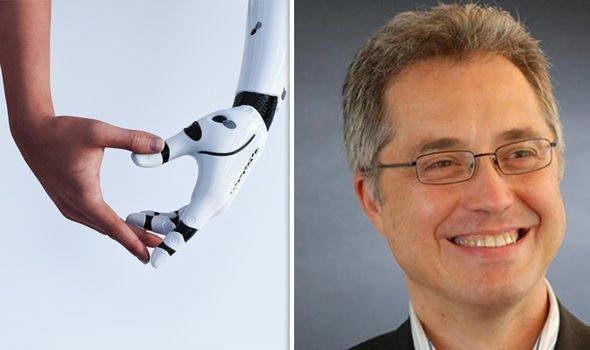
He said: “Artificial Intelligence is here, and it’s here for the long haul."
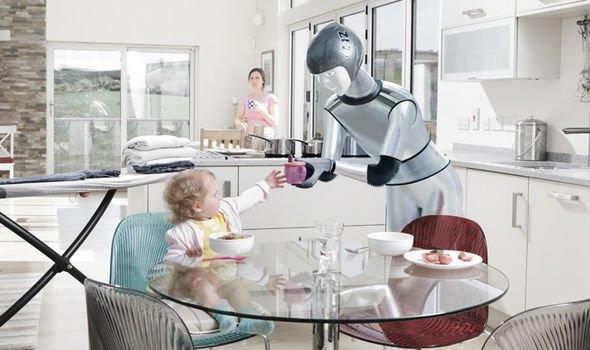
Most alarmingly, Ambroggi notes that "humans have to prevent machines being in a position to replace us, and no one else."
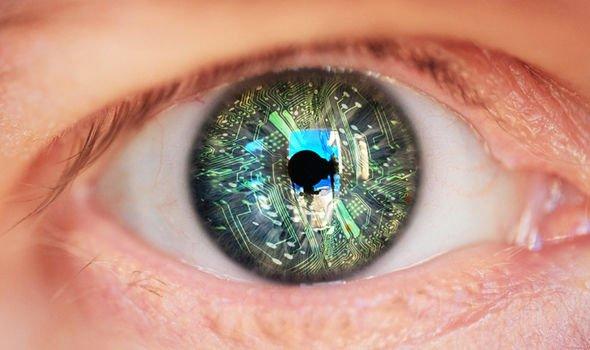
He has an answer for that too... Superhumans!!
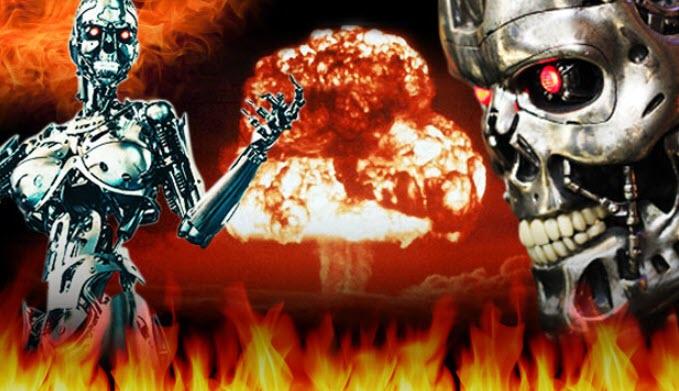
Statista's Katharina Buchholz reports that according to a survey conducted byOxford University’s Center for the Governance of AI, many Americans fear a future where mechanisms of AI become too intelligent. When asked what kind of impact high-level machine intelligence would have on humanity, 34 percent of respondents thought it would be negative, with 12 percent going for the option “very bad, possibly human extinction”. Only 27 percent of respondents believed in a positive outcome, 21 percent thought AI wouldn’t change the future much and 18 percent said they didn’t know what impact AI would have.
When asked to consider a negative future outcome of AI technology, Americans ranked the AI apocalypse as more catastrophic than the possible failure to address climate change, even though respondents said that it was less likely to happen.

You will find more infographics at Statista
The respondents of the study said that they would trust university researchers most to build and responsibly manage AI technology. 50 percent said they had at least a fair amount of confidence in their ability in the field. The U.S. military at 49 percent came in a close second. Also, more Americans trust Microsoft with advanced AI technology (44 percent) than Amazon (41 percent), Google (39 percent), Apple (36 percent) or Facebook (18 percent).
Overall, a large majority of Americans agreed that robots and other systems of artificial intelligence needed careful supervision. Despite the fears, more Americans agreed that high-level machine intelligence should be developed than said it should not.
The survey also found that respondents underestimated the prevalence of AI technology. While Americans rightly assumed that driverless cars and virtual assistants use AI and machine learning mechanisms, fewer thought of Netflix recommendations, Google Translate or Google Search as products that use those technologies.
Source
That is the ominous warning from Luca De Ambroggi, the research and analysis lead for AI solutions within the Transformative Technology team at London-based global information provider IHS Markit:
“In 50 years, it is reasonable to think that robots will be able to 'support' and replace human being in several activities. Already electro-mechanical devices outperform humans in sensitiveness and reaction time.”

He said: “Artificial Intelligence is here, and it’s here for the long haul."
“We are into the so called Narrow or Weak era of AI. It is ‘weaker’ than human or is equal or superior just on few limited tasks and senses.
“If we fast forward 50 years, science fiction might come easily back in our mind. The difference is that by then we might not consider it anymore ‘fiction’. "
“This era is Generic – Multi Modal AI. It is comparable to human intelligence applied in all senses, working powerfully in parallel."
“However it is disrupting society and as it evolves, it will have major impacts on data security, labour and ethics.

Most alarmingly, Ambroggi notes that "humans have to prevent machines being in a position to replace us, and no one else."
”We need to go back into ethics. It is a common view that AI, and AI-driven devices/robots, will increase business and wealth all over the world. "We already see the evolution...
“It is again up to the regulator and administrator to be sure that all humans will benefit of it and not a few corporations.”
“Even if our brain will still have advantages and human beings will remain more dynamic and versatile, electronics will be able to outperform humans in several specific functions, as it does today, from machine vision, to audio/speech recognition.
“A few years ago Honhai implemented intelligence machine personnel in their production lines in the same way as computers or other equipment replaced humans 30-40 years back. "Looking further ahead, The Express reports that Mr. Ambroggi considered the idea of robots one day being regarded as having consciousness, and therefore being considered independent lifeforms. He explained:
“We should also mention consciousness. We can argue that even consciousness comes from experience, as you see in the human behaviour that is extremely differentiated in the various part of the world.All of which leads to the last, final solution, question...
“If so, AI can and will address it, because experience is replicable.
“This is very possible to be a reality as well, perhaps not in the next 50 years, but technology has evolved so quickly I wouldn't want to doubt it...When we study biology, a ‘living being’ has to have at least one living ‘cellular’ unit. "
“The longer term question is, can the ‘replaced people’ be re-qualified and be allowed to still add value in our society?”

He has an answer for that too... Superhumans!!
“So far it is not the case but clearly this might be overcome in the future. Human intelligence can be enhanced with an AI-Chip implant, but then are we entering new realms and defining what is and what isn’t a hybrid humanoid?"Perhaps, the majority of Americans are right after - to fear the AI Apocalypse...
“Superhuman is the last step, and I fear to use the word last. It is what drives the future of the research. "
"Whatever will be above human capabilities. Before that, we better be sure to have in place good regulations, methodologies and ethical processes to ensure to take advantage of the positive side of the technology.”

Statista's Katharina Buchholz reports that according to a survey conducted byOxford University’s Center for the Governance of AI, many Americans fear a future where mechanisms of AI become too intelligent. When asked what kind of impact high-level machine intelligence would have on humanity, 34 percent of respondents thought it would be negative, with 12 percent going for the option “very bad, possibly human extinction”. Only 27 percent of respondents believed in a positive outcome, 21 percent thought AI wouldn’t change the future much and 18 percent said they didn’t know what impact AI would have.
When asked to consider a negative future outcome of AI technology, Americans ranked the AI apocalypse as more catastrophic than the possible failure to address climate change, even though respondents said that it was less likely to happen.

You will find more infographics at Statista
The respondents of the study said that they would trust university researchers most to build and responsibly manage AI technology. 50 percent said they had at least a fair amount of confidence in their ability in the field. The U.S. military at 49 percent came in a close second. Also, more Americans trust Microsoft with advanced AI technology (44 percent) than Amazon (41 percent), Google (39 percent), Apple (36 percent) or Facebook (18 percent).
Overall, a large majority of Americans agreed that robots and other systems of artificial intelligence needed careful supervision. Despite the fears, more Americans agreed that high-level machine intelligence should be developed than said it should not.
The survey also found that respondents underestimated the prevalence of AI technology. While Americans rightly assumed that driverless cars and virtual assistants use AI and machine learning mechanisms, fewer thought of Netflix recommendations, Google Translate or Google Search as products that use those technologies.
Source
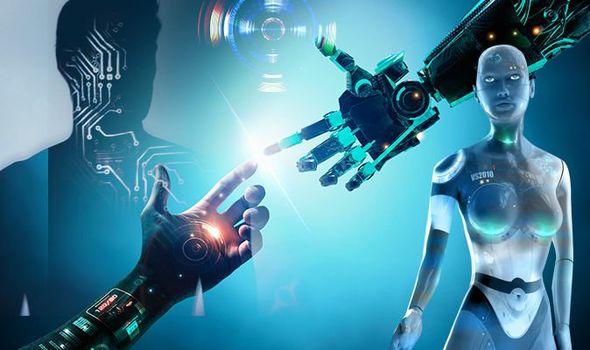
No comments:
Post a Comment